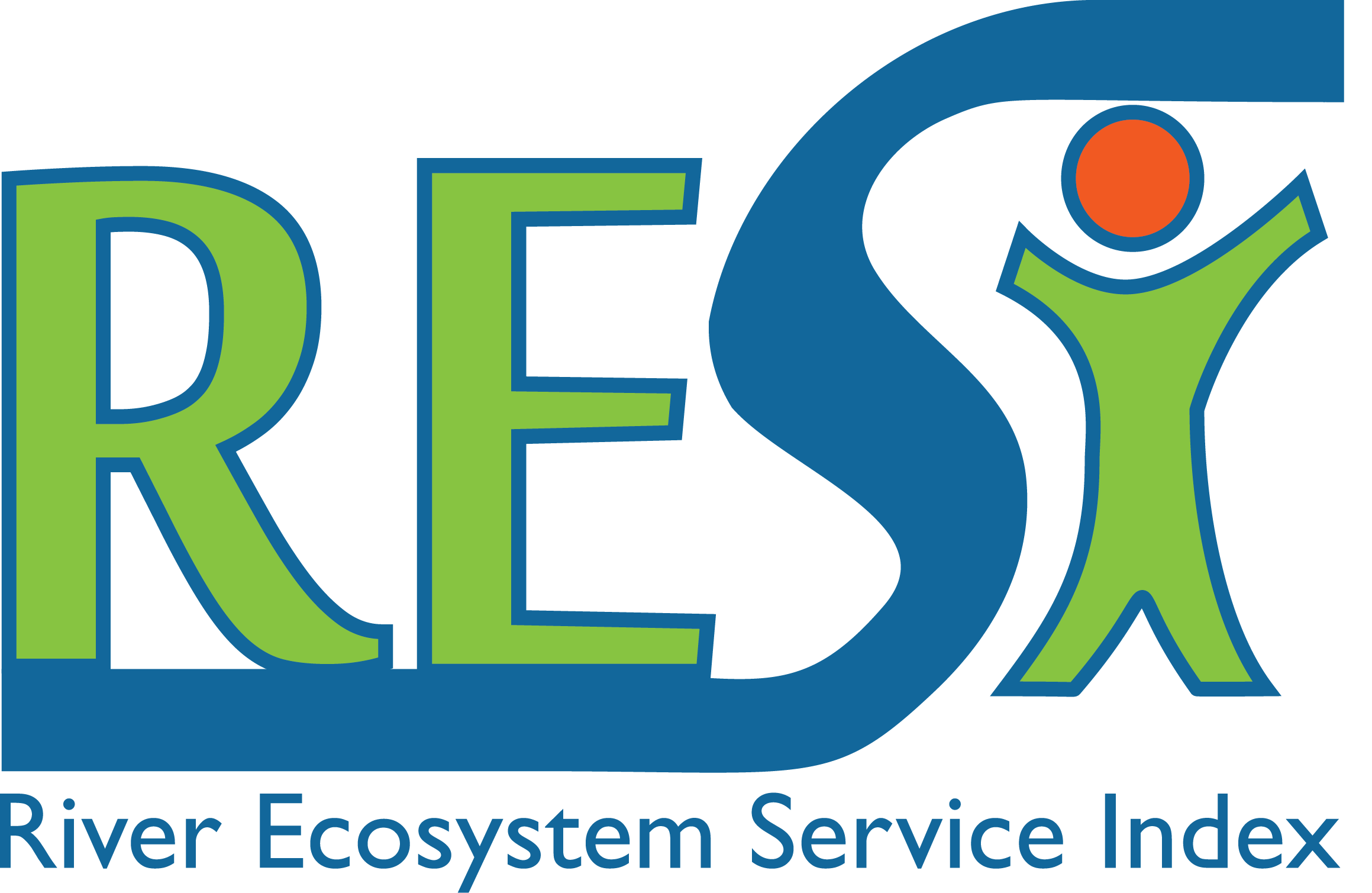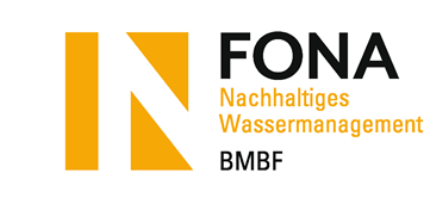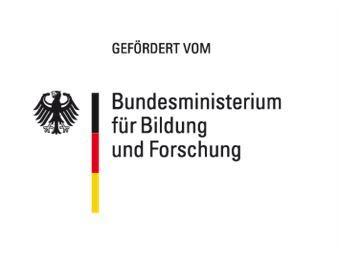Projekt leader: Prof. Dr. Klaus Henle
Subproject coordination: Dipl. Ing. Mathias Scholz
Project staff: Dr. Christine Fischer Dr. Christane Schulz-Zunkel, Dipl. Ing. Hans D. Kasperidus
Funded by: BMBF Verbundforschungsvorhaben im Rahmen von ReWaM
Project duration: Juni 2015 bis Oktober 2018
Project describtion
River ecosystems encompass river channels and its floodplains and make up a diverse mosaic of habitats for a lot of threatened species. In Central Europe, rivers and their floodplains are intensely used nowadays for human purposes. In many places, climatic and socio-economic changes exacerbate the conflict situation among the different users of rivers and floodplains.
The identification, prioritization, efficiency and implementation of remediation measures in rivers and floodplains pose a great challenge for water management and nature conservation practices. Therefore integrative approaches are required that include all locally used ecosystem services and their users. The RESI project quantifies the ecosystem service supply and the actual used ecosystem services in seven case studies on river sections in Germany.
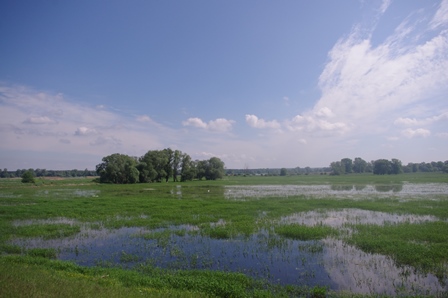
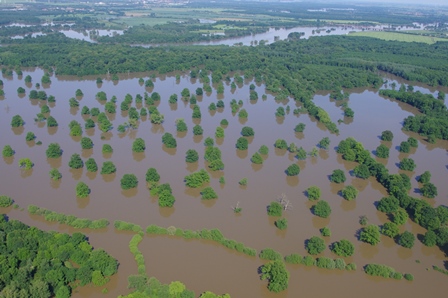
Forschungsprojekt RESI
The collaborative project „River Ecosystem Service Index“ (RESI) is supported by a consortium of 16 institutions.The coordination of the collaborative project is performed by the Leibniz-Institute of Freshwater Ecology and Inland Fisheries (IGB), Dep. Ecosystem Research.The project RESI develops a tool to assess the offered and actually used ecosystem services and their interactions for 5 exemplary river sections in Germany. Assessment results are then provided as an integrative and attractively visualized River Ecosystem Service Index (RESI). In close cooperation of science and practice, 7 themed modules are elaborated.
The UFZ coordinates the modul "Habitat Provision" and is responsible for essential input for the moduls "Ecosystem Service Analysis", "Metabolism of Matter", "Provisioning Services", "Cultural Services", "Synthesis and Implementation" and "Coordination".
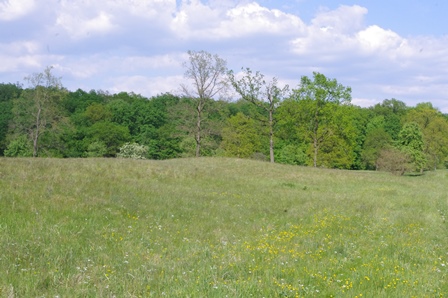
Additonal Information:
Project and cooperation partners:
- Leibniz- Institute of Freshwater Ecology and Inland Fisheries (IGB), Dep. Ecosystem Research, Berlin (overall coordination)
- Karlsruhe Institute of technology (KIT), Dep. of wetland ecology, Rastatt
- Katholische Universität Eichstätt-Ingolstadt (KUEI), Aueninstitut Neuburg
- Leibniz-Universität Hannover (LUH), Institute of Environmental Plannning
- Technische Universität Berlin (TUB), Chair in Environmental and Land Economics
- BfG - Federal Institute of Hydrology, Koblenz
- biota – Institut für ökologische Forschung und Planung GmbH, Bützow
- DHI-WASY GmbH, Berlin
- entera - Umweltplanung & IT GbR, Hannover
- ÖKON - Ltd. Ass. for landscape ecology, aquatic biology and environment planning, Kallmünz
- Landesamt für Umwelt Bayern (LfU), Abt. 6: Wasserbau, Hochwasserschutz, Gewässerschutz, Augsburg
- Landesanstalt für Umwelt, Messungen und Naturschutz Baden-Württemberg (LUBW), Karlsruhe
- Landesamt für Umwelt, Wasserwirtschaft u. Gewerbeaufsicht Rheinland-Pfalz (LUWG), Mainz
- Wupperverband (WV),Wuppertal
- Living Rivers, gemeinnützige Stiftung, Wiesbaden

